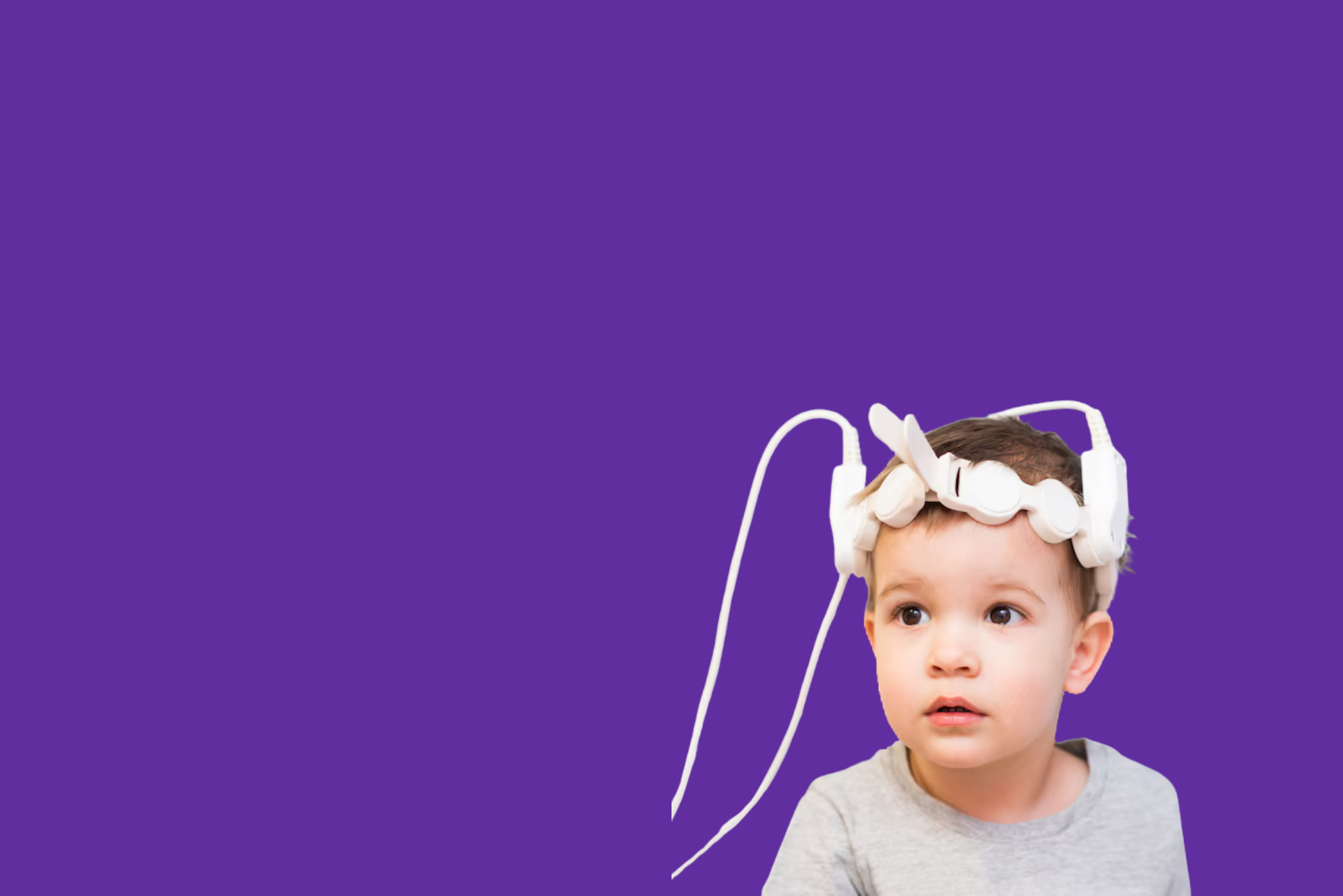overview
Some of the most frequently encountered conditions include epilepsy (seizure disorders), cerebral palsy, migraines, developmental delays, muscular dystrophy, autism spectrum disorders, ADHD, and learning disabilities. Early recognition and management of these disorders are critical to improving long-term outcomes.
This includes conditions that affect the brain, spinal cord, nerves, and muscles. Pediatric neurologists are trained to understand how these conditions differ in children compared to adults and how they impact development, learning, and behavior.
Symptoms & Diagnosis
Children with neurological conditions often present with developmental delays, such as late walking or talking, or behavioral changes like inattention, hyperactivity, or social withdrawal. Pediatric neurologists work closely with psychologists, speech therapists, and educators to assess and support cognitive and emotional development.
- Diagnosis of Neurological Disorders
- Epilepsy and Seizure Management
- Autism and ADHD Treatment
- Monitoring Developmental Milestones
- Managing Chronic Headaches and Migraines
- Neuromuscular and Genetic Disorders




